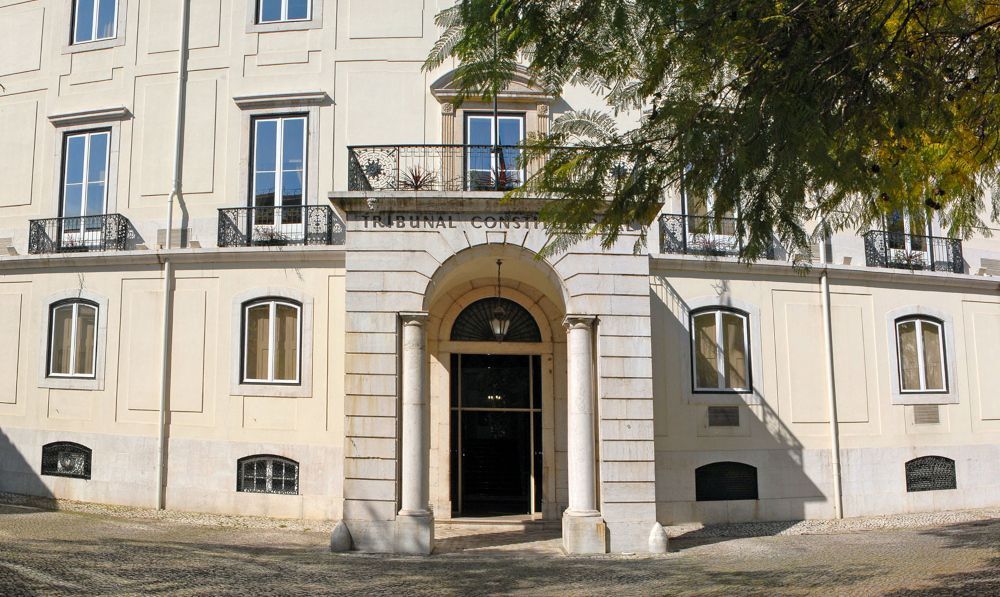Portugal Introduces a Streamlined Work Visa Process
In the last year, Portugal implemented several measures to regularise the entry of immigrants into national territory, such as the elimination of expressions of interest. On the other hand, Portuguese companies need a foreign workforce to maintain their productivity, for this reason, a “green lane” will be established to streamline the work visa process for foreign nationals being recruited by Portuguese companies.
On the companies’ side, there are obligations that must be fulfilled, such as providing training and ensuring adequate accommodation.
The official signing of the Green Lane agreement will take place on 1 April 2025 at the Ministry of Foreign Affairs.
Over the years, immigrants have significantly contributed to various sectors of the Portuguese economy, such as agriculture and tourism, bringing with them a diverse range of skills, experiences, and knowledge that enrich the labour market and drive the growth of Portugal.
To better understand this “green lane,” we will provide answers in this article:
How Will This ‘Green Lane’ Work?
It will have five important steps:
- The business entity requests an appointment to submit the visa application and sends the documentation to the DGACCP (Direção-Geral dos Assuntos Consulares e Comunidades Portuguesas in Portuguese; Directorate General for Consular Affairs and the Portuguese Communities).
- The DGACCP forwards the process to the corresponding consular post.
- The consular post schedules the appointment.
- AIMA and UCFE (Unidade de Coordenação de Fronteiras e Estrangeiros in Portuguese; Borders and Immigration Coordination Unit) issue their opinions.
- The consular posts make a decision and, if favourable, proceed to affix the visa stickers on the passports.
In the first step, the business entity must gather all the required documentation and send it to the DGACCP.
In the second step, the DGACCP has two days to forward it to the consular post.
Meanwhile, AIMA and UCFE have three and five days, respectively, to issue a legal opinion regarding the granting of the visas in question. With the legal opinion issued, the consular posts make the final decision.
The final decision on the granting of the visa must be made within twenty days from the applicant's appointment at the consular post, provided that the legal requirements for the issuance of the visas are met.
What Are the Obligations of the Companies?
On the company's side are some requirements that must be met in order to have the work visa streamlined effectively.
One of them is to collect, compile, and present copies of all required documentation.
Another is the submission to the DGACCP, along with the appointment request, the list of recruited foreigners, including their names, dates of birth, travel document numbers and validity, nationalities, countries of residence, and email addresses.
They must issue and sign a term of responsibility, committing to meet two criteria: the existence of an employment contract underlying the visa application (the proposal does not specify the nature of this contract, so it may not be permanent) and the provision and validity of health and travel insurance coverage.
Additionally, they must commit to Ethical Recruitment, which includes:
- Ensuring a valid employment contract.
- Providing opportunities for professional training and Portuguese language learning (IEFP may offer support).
- Ensuring access to adequate accommodation.
This is intended to reject and prevent practices related to labour exploitation, human trafficking, or any other actions that may harm the rights of recruited workers.
It is essential to note that AIMA may suspend this 'green lane' due to relevant security reasons or serious difficulties affecting essential public services’ capacity to respond.










